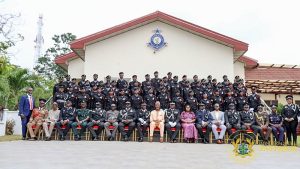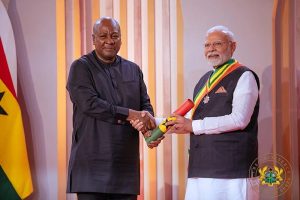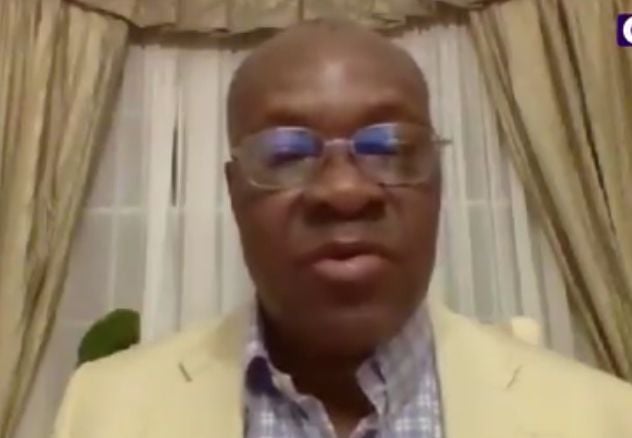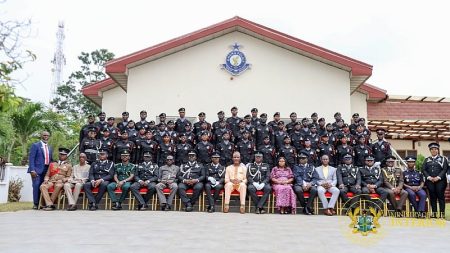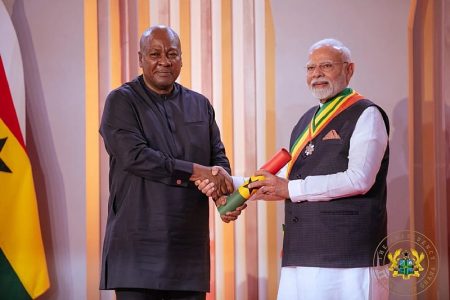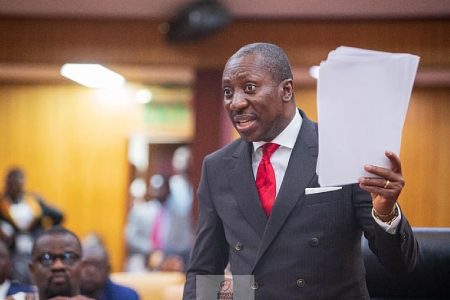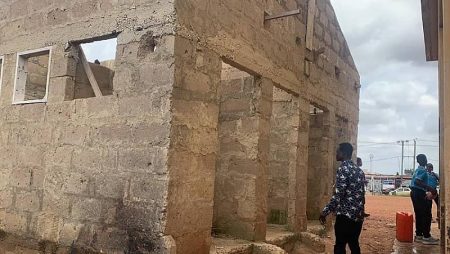The New Patriotic Party (NPP), a major political force in Ghana, finds itself embroiled in controversy surrounding its proposed reorganization strategy. Dr. Arthur Kennedy, a former flagbearer aspirant, has voiced strong criticism against the party’s decision to prioritize the flagbearer election, scheduled for January 31, 2026, over the renewal of the national executives’ mandate. This top-down approach, according to Dr. Kennedy, deviates from established party traditions and raises concerns about democratic principles within the NPP.
Dr. Kennedy’s argument centers on the established practice within the NPP, dating back to the era of its founding chairman, B.J. da Rocha. Traditionally, following a presidential election, the party’s national executives would seek renewal of their mandate before the commencement of any flagbearer contest. This sequence, he argues, ensures a democratic process where the elected executives, entrusted with managing the party’s affairs, are accountable to the party membership. By reversing this order, the NPP risks creating a scenario where the chosen flagbearer could potentially influence the subsequent executive elections, thereby undermining the autonomy and integrity of the process.
The current national executives of the NPP are nearing the end of their term, with their mandates set to expire within the next twelve months. Dr. Kennedy contends that prioritizing the flagbearer election before the renewal of the executives’ mandate creates an appearance of manipulation. He suggests that the current executives may be attempting to influence the choice of a flagbearer who would, in turn, support their re-election bids. This perceived “sleight of hand,” as Dr. Kennedy terms it, is anti-democratic and undermines the fairness and transparency that should characterize internal party elections.
Furthermore, Dr. Kennedy’s critique extends to the party’s handling of the election review committee report. Chaired by Professor Mike Aaron Oquaye, the committee was tasked with analyzing the NPP’s performance in the previous elections and recommending strategies for improvement. However, the report has allegedly been withheld from public scrutiny, raising concerns about transparency and accountability within the party. The lack of access to the report prevents party members from engaging in informed discussions about the party’s future direction and reinforces the perception of a top-down, rather than participatory, approach to decision-making.
The NPP’s decision to prioritize the flagbearer election over the renewal of the national executives’ mandate has significant implications for the party’s internal dynamics and its broader image. By deviating from established tradition, the party risks alienating its members and creating an environment of mistrust. The potential for the chosen flagbearer to influence the subsequent executive elections raises concerns about fairness and the potential for undue influence. This perceived lack of transparency further erodes public confidence in the party’s commitment to democratic principles.
The controversy surrounding the NPP’s reorganization strategy underscores the importance of adhering to established procedures and upholding democratic values within political parties. Transparency, accountability, and adherence to established norms are crucial for maintaining internal cohesion and fostering public trust. The NPP must address these concerns to ensure a fair and democratic process that reflects the will of its members and strengthens the party’s overall standing. The alleged suppression of the election review report further exacerbates the situation, hindering open dialogue and potentially impeding the party’s ability to learn from past experiences and chart a course for future success. Addressing these issues promptly and transparently is essential for the NPP to maintain its credibility and regain the trust of its members and the wider public.


